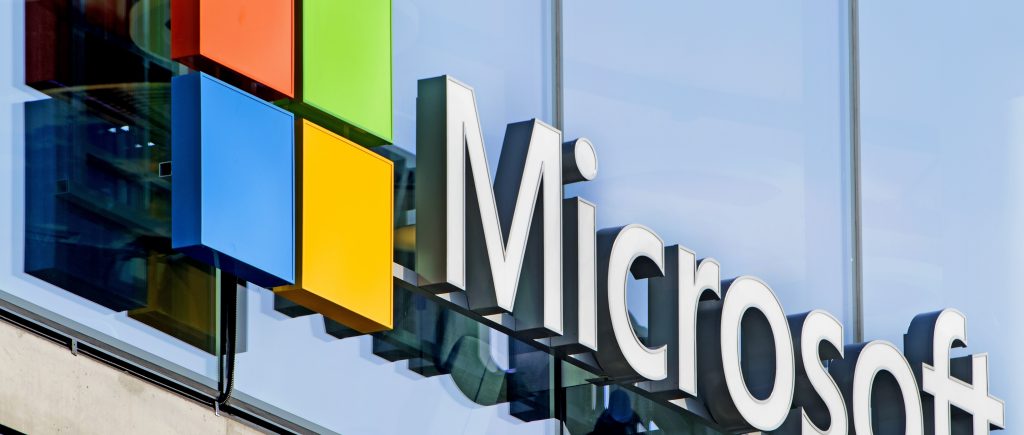The Trump administration’s sweeping tariffs have cast a shadow over global markets, yet Meta and Microsoft are proving resilient, delivering stellar earnings that signal robust demand for AI-driven growth. As economic uncertainty looms, these tech giants are navigating challenges with agility, leveraging innovation to outpace tariff-related headwinds. This article unpacks their recent triumphs, explores the broader implications, and argues that their strategic focus on AI positions them to thrive despite trade disruptions.
Earnings That Exceed Expectations
Meta and Microsoft reported first-quarter earnings on April 30, 2025, that surpassed forecasts, sparking significant market gains. Microsoft’s revenue hit a record $70.1 billion with earnings per share of $3.46, topping estimates of $68.4 billion and $3.22. Meta, parent of Facebook, posted $42.3 billion in revenue and $6.43 per share, beating projections of $41.4 billion and $5.23. Both companies issued optimistic second-quarter guidance, with Meta forecasting $42.5-$45.5 billion against expectations of $41.3 billion. These results drove a 10% surge in Microsoft’s stock and a 7% rise for Meta, adding roughly $380 billion in combined market value and pushing Microsoft past Apple as the world’s most valuable company.
Navigating Tariff Challenges
Tariffs, particularly on Chinese imports, have raised costs and dampened consumer spending, impacting advertising and infrastructure investments. Meta, with 11% of 2024 ad revenue from Chinese advertisers like Temu and Shein, faces risks as these firms cut U.S. ad budgets due to 145% tariffs. Microsoft, while less exposed to direct tariffs, contends with higher costs for AI data center hardware, with planned 2025 capital expenditures of $80 billion. Yet, both companies are adapting—Meta by streamlining expenses and Microsoft by leveraging its Azure cloud platform’s 33% growth. Their ability to pivot underscores a broader truth: innovation can mitigate macroeconomic pressures.
AI as the Growth Engine
The earnings highlight AI’s pivotal role. Microsoft’s Azure and OpenAI investments fueled a 21% rise in cloud revenue, while Meta’s AI enhancements boosted ad performance and user engagement, with daily active users reaching 3.43 billion. Despite tariff-induced caution, AI demand remains strong, countering fears of an economic slowdown. Critics argue tariffs could erode margins, especially for hardware-intensive operations, but the data suggests otherwise—Meta raised its 2025 capital expenditure to $64-$72 billion, signaling confidence in AI’s long-term payoff. This strategic bet positions both firms to capture market share in a transforming tech landscape.
Meta and Microsoft’s success amid tariff turbulence offers a playbook for resilience: prioritize innovation, optimize costs, and capitalize on emerging trends like AI. However, risks persist—regulatory hurdles in Europe could impact Meta’s revenue, and Microsoft’s expansive customer base may face spending cuts if economic conditions worsen. Still, their earnings demonstrate that well-executed strategies can defy market pessimism. As other tech giants like Amazon and Apple report, the focus will remain on whether they can replicate this agility. For now, Meta and Microsoft are setting the pace, proving that in a tariff-heavy world, adaptability and foresight are the keys to dominance.

 Noor Trends News, Technical Analysis, Educational Tools and Recommendations
Noor Trends News, Technical Analysis, Educational Tools and Recommendations




